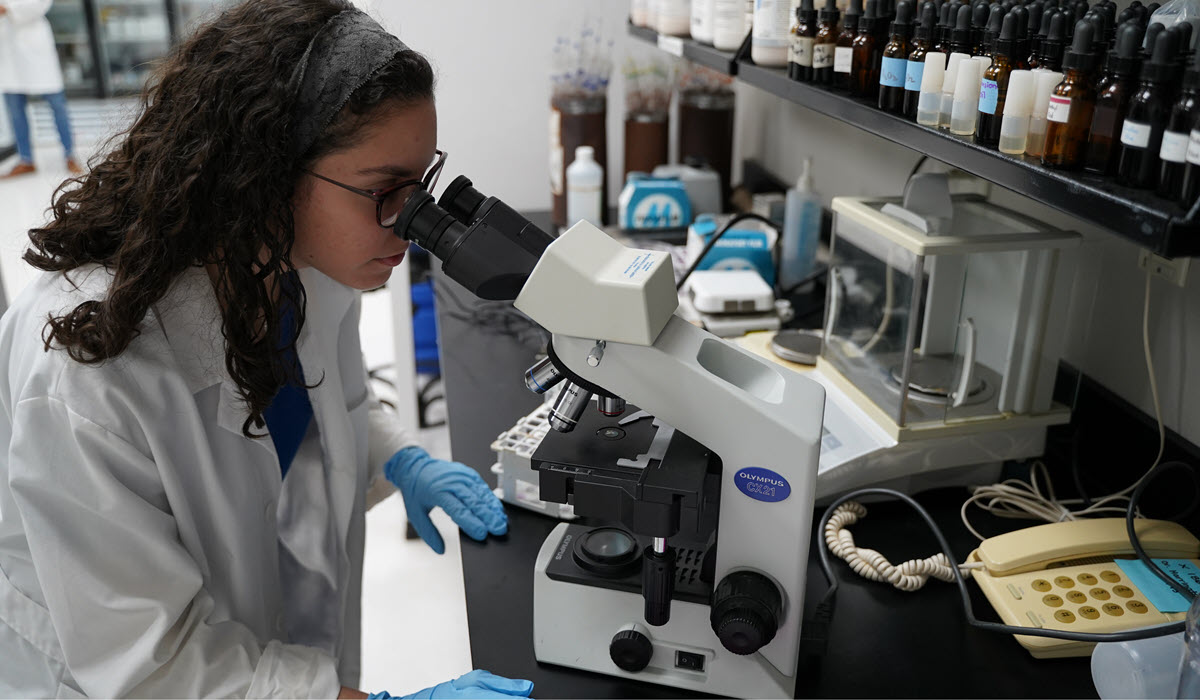
For example, a pathologist may analyze blood samples, helping to monitor and track the progression of a bloodborne illness. Pathologists may also help guide the course of treatment. The vast majority of cancer diagnoses are made by, or in conjunction with, a pathologist. A pathologist may examine a sample of tissue for a virus, bacteria, or other infectious agents. Pathologists are often involved in the diagnosis of illness. The pathological examination of an entire body is an autopsy. Pathologists often work with a surgically removed sample of diseased tissue, called a biopsy. WHAT IS PATHOLOGY?Ī pathologist studies fluids, tissues, or organs taken from the body. There, a pathologist draws on medical knowledge and a detective’s passion for mystery to put together the picture of an illness. That’s because much of a pathologist’s work is conducted in the lab. And yet, the pathologist may be largely invisible to the patient. They analyze these items to diagnose illness, monitor ongoing medical conditions, and to help guide treatment.Ī pathologist is a vital part of any patient’s care team. Pathologists study tissues and other materials taken from the body.

Pathologists may work in a lab alongside scientists with special medical training. To answer the question:what’s a pathologist? A pathologist is a medical doctor with additional training in laboratory techniques used to study disease. Both pathology and pathologist come from the Greek word pathos, meaning suffering. You may be wondering: what is a pathology doctor called? A pathology doctor is called a pathologist. Pathology is the study of the causes, nature, and effects of disease. So, what is pathology, and what does a pathologist do? However, you probably never saw the pathologist.

If you have ever seen a doctor about an illness, chances are you have benefited from the services of a pathologist.


 0 kommentar(er)
0 kommentar(er)
